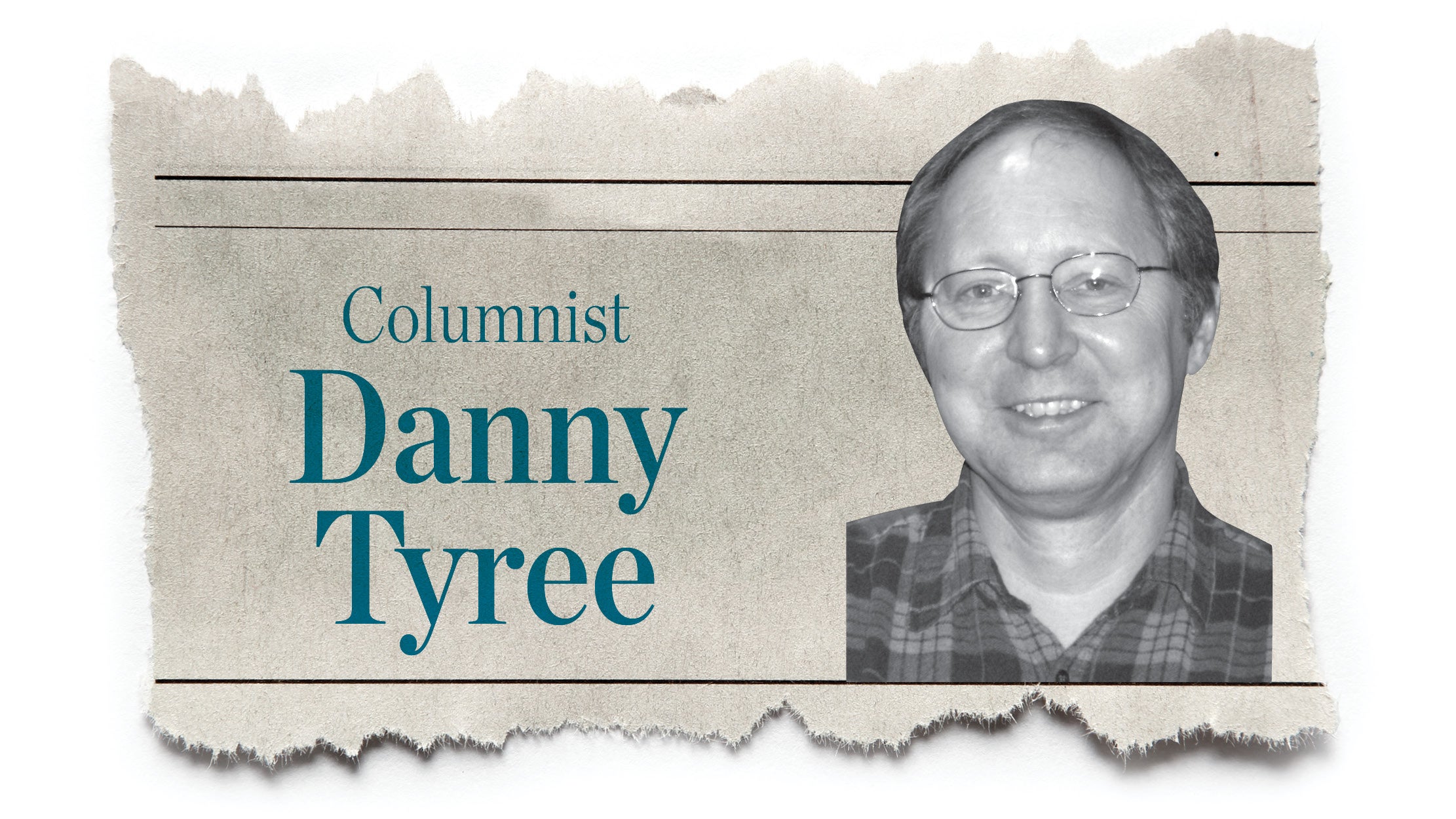Jim Crawford: A closer look at the scandal around the president’s son
Published 12:00 am Saturday, July 1, 2023
Recently, a five-year investigation into Hunter Biden, President Joe Biden’s son, concluded with the U.S. Department of Justice offering, and Hunter Biden accepting, a plea bargain.
The agreement, if approved by a federal judge, does not include prison time, but does include repayment of taxes and penalties, a gun diversion program requirement and an agreement that Hunter Biden will not own a gun in the future.
Any violation of these terms could result in prison time for the younger Biden. That concludes the case, but apparently has no bearing on contemporary Republican politics, where Hunter Biden is the centerpiece of the 2024 presidential campaign.
Experts in the laws applicable to Biden’s DOJ agreement are split over whether the settlement was too severe or too generous, with the arguments falling mostly along party lines. But Republicans are incensed over information from two whistleblowers who claim the investigation of Hunter Biden was mismanaged in several ways. One DOJ employee whistleblower has chosen to remain anonymous, while the other whistleblower, Gary Shapley has come forward with several claims in the Biden case.
Who is Shapley? Because of the protected status of whistleblowers, we know little about Shapley, other than he is a Republican who says he is not political. We do know that his legal team includes three former staff members of U.S. Sen. Chuck Grassley, R-Iowa, that Shapley is a 14-year veteran at the DOJ and was, at one point, the supervisory agent for “Sportsman,” the Biden case internal ID.
We know that Shapely has acknowledged that he was not fully “read-in” on all aspects of Sportsman, under the direction of the Trump-administration, Republican Attorney General and Republican appointed prosecutor Gary Weiss.
And we know that Shapley and the second unnamed whistleblower were removed from Sportsman prior to the settlement agreement reached by the DOJ and Weiss.
Shapley makes two charges in challenging the investigation. First, Shapley says that he kept extensive notes of conversations and that the lead prosecutor, Weiss, said in a meeting that he, Weiss, did not have full authority to charge in the case.
Further, Weiss’s work required approval from DOJ leadership (now under Democratic U.S. Attorney General Merrick Garland). That is a troubling concern, but one that contradicts a letter Weiss wrote on June 7 of this year to U.S. Rep. Jim Jordan, R-Ohio, saying, he held, “ultimate authority over this matter, including responsibility for deciding where, when, and whether to file charges.”
It also contradicts a very public statement by Garland that Weiss had “complete authority to make all decisions on his own” and that Weiss did not require the approval of the DOJ at all.
The second charge by Shapley is that Weiss requested special prosecutor status from DOJ and was twice refused that status. Weiss has not addressed that point, but is free to do so, as Garland has publicly granted Weiss approval to respond to the press when and if he wishes to do so.
Shapley also told the committee that he felt restricted from further investigating the Biden family and grandchildren and in obtaining a search warrant for President Biden’s residence. This may be accurate, but, at the time of Shapley’s requests, the then attorney was Trump-appointee Bill Barr, who required the DOJ to get his direct approval before investigating the president or any candidate for president.
Ultimately, Shapley is challenging the truthfulness of the prosecutor and of Garland, the two individuals most aware of all the circumstances surrounding the Biden investigation. His argument, his notetaking, is not, admittedly, first-hand knowledge as he agrees he was not read-in fully. And he was removed from the case for reasons not shared by the DOJ.
It is important to listen and protect whistleblowers. But their claims are, well, just claims.
Jim Crawford is a retired educator and political enthusiast living here in the Tri-State.





